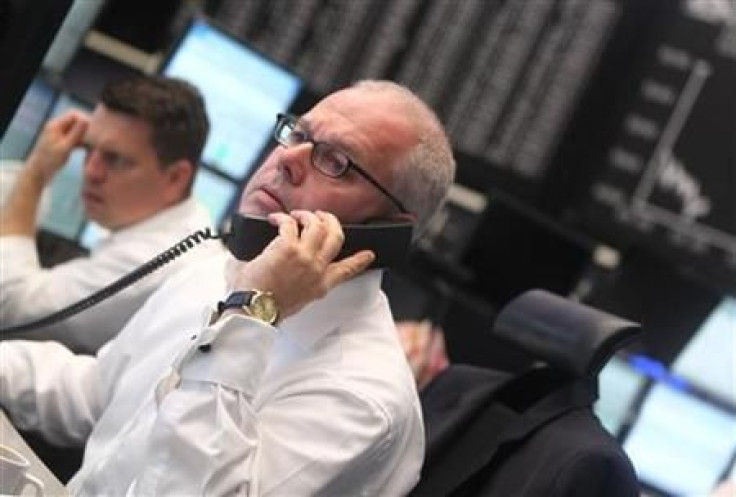European Markets Rise Amid Encouraging U.S. Corporate Quarterly Earnings

Most European markets rose Thursday as better than expected corporate earnings in the U.S. revived hopes among investors of improving business conditions.
The German DAX 30 index rose 0.33 percent or 21.91 points to 6706.33. Shares of Commerzbank AG advanced 1.48 percent and shares of Volkswagen AG climbed 0.83 percent.
The French CAC 40 index was up 0.41 percent or 13.22 points to 3248.62. Shares of Alstom SA rose 3.63 percent and shares of Schneider Electric SA advanced 0.91 percent.
London’s FTSE 100 index advanced 0.15 percent or 8.28 points to 5694.05. Shares of Burberry Group PLC climbed 1.70 percent and shares of HSBC Holdings PLC were up 0.90 percent.
Spain's IBEX 35 rose 0.91 percent or 59.80 points to 6651. Shares of Bankia SA climbed 7.60 percent and shares of Repsol SA advanced 1.55 percent.
The market sentiment was helped by a 6.9 percent jump in June U.S. housing starts and positive quarterly company earnings. Second quarter earnings have exceeded estimates for 72 percent of S&P 500 companies reporting so far, providing a further element of support for market confidence.
Markets retained a positive momentum with investors continuing to trade on hopes for more stimulus from the U.S. and China. Investors feel that bold measures, including easing in the monetary policy will be needed to boost liquidity in the financial system.
Germany is expected to vote on the rescue programme for Spanish banks Thursday. “A vast majority of MPs belonging to the coalition parties are likely to vote favorably, and so will most opposition parties which have signalled their support. Therefore, we expect the Spanish programme to be agreed by the Bundestag, paving the way for a formal approval by the Eurogroup on Friday,” Credit Agricole said in a note.
Meanwhile, investor concerns about the debt burden faced by the euro zone are not fully overcome. Market players feel that a banking sector bailout and an empowerment of the EU’s bailout funds cannot solve Spain’s underlying economic problems. Market participants continue to think that a sovereign bailout will be necessary for Spain.
© Copyright IBTimes 2024. All rights reserved.











